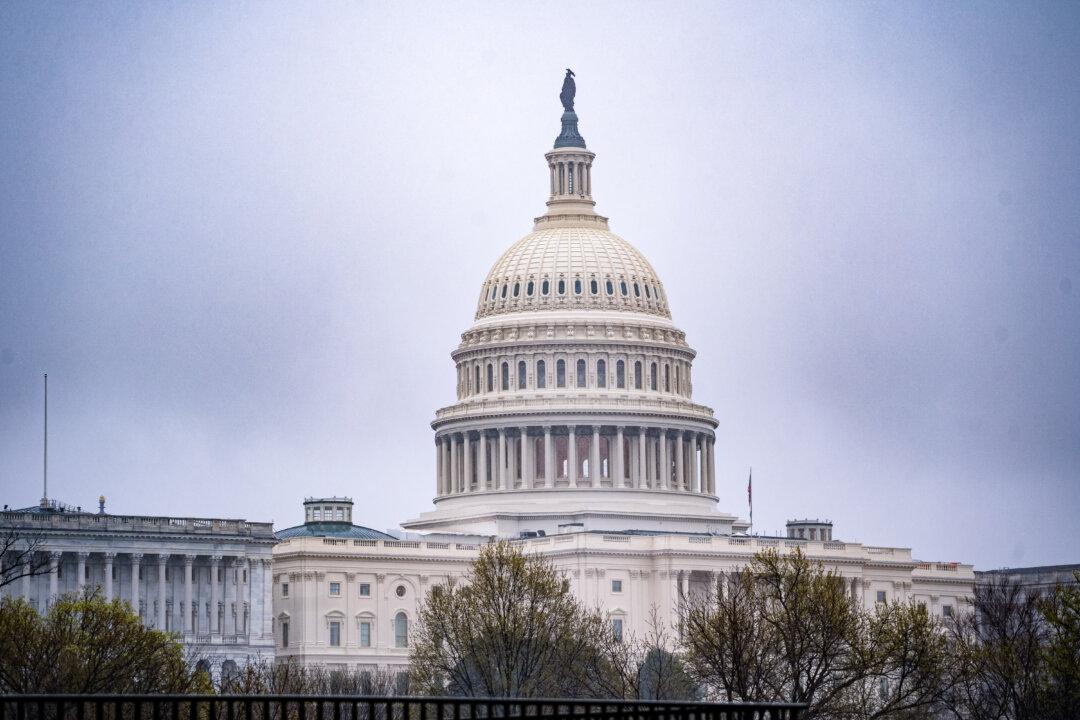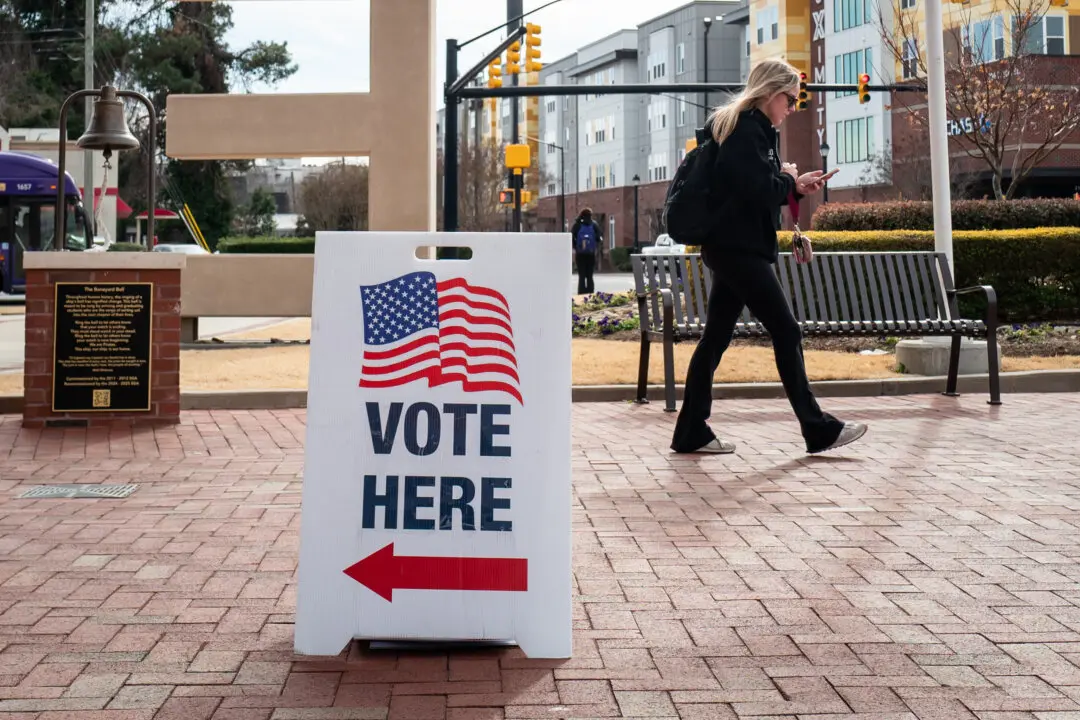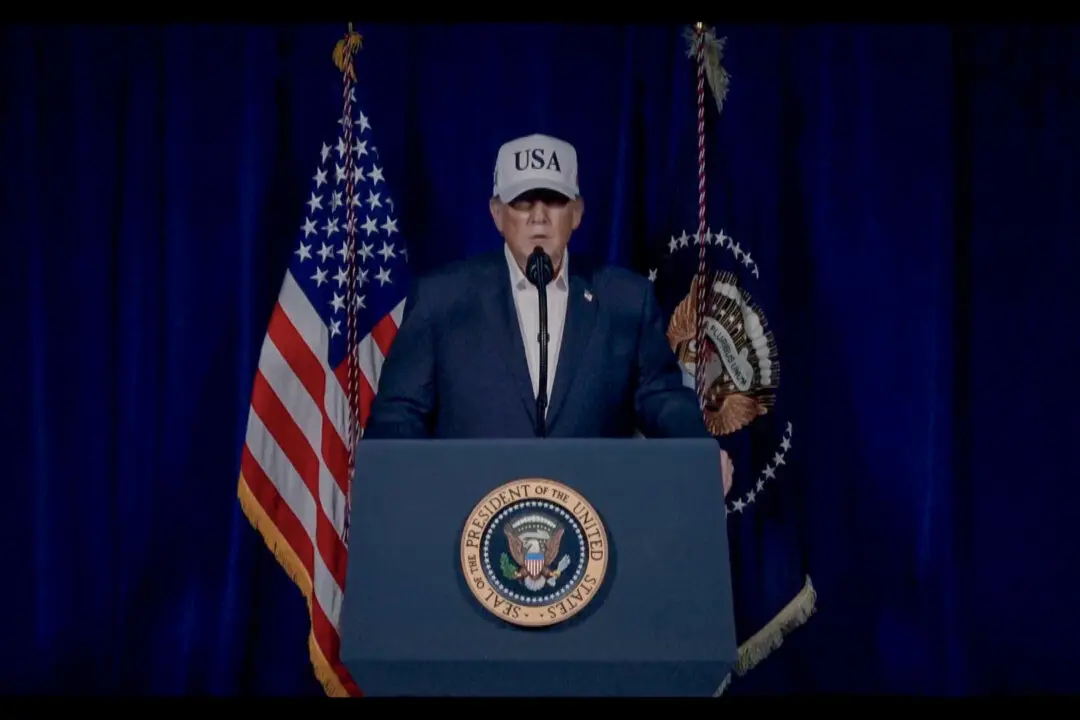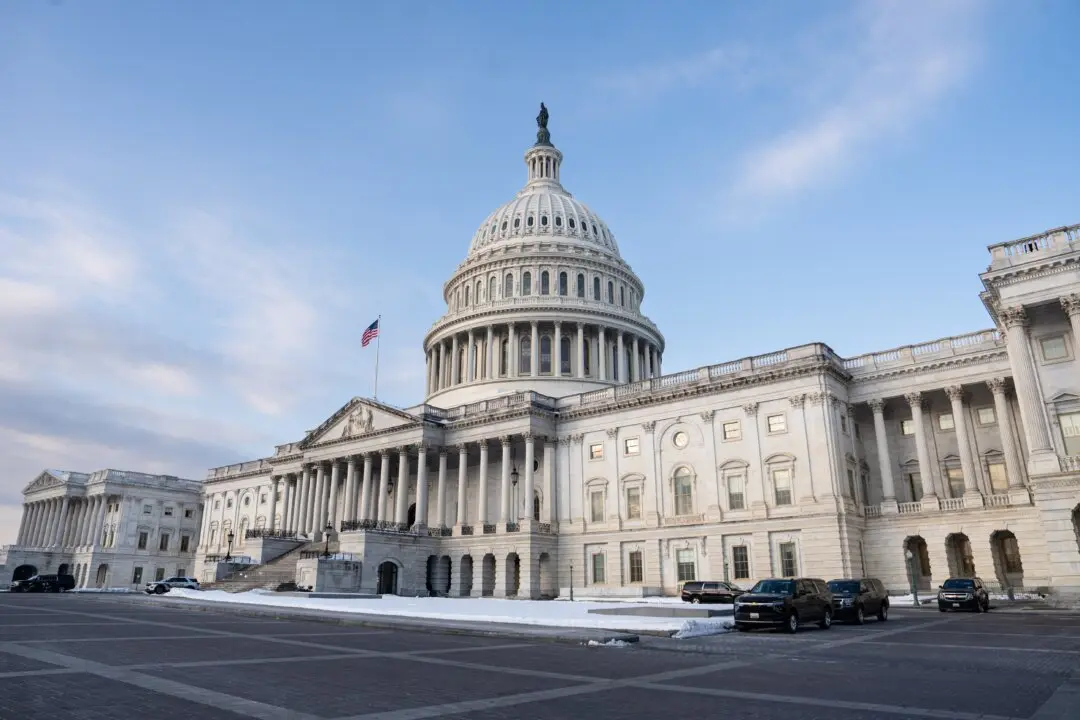The House on April 12 passed a revised version of a bill to reauthorize Section 702 of the Foreign Intelligence Surveillance Act (FISA) for two years. This came two days after conservatives blocked the advancement of another version of the legislation, saying it didn’t go far enough to protect civil liberties.
The bill passed by the House does not include a warrant requirement advocated for by conservatives and progressives alike after a push to include this as an amendment was defeated in a rare tied vote.





